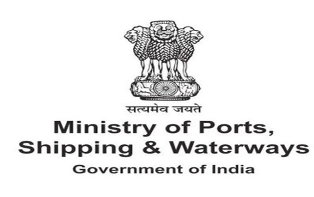
Government of India has recently
clarified that there are no ongoing discussions about the privatisation of
shipping and ports. The
Ministry of Ports, Shipping and Waterways (MoPSW) made this
statement to the parliament in response to two years of speculation about
potential privatisation plans.
It further
emphasised that all 12 Major Ports, which are entirely owned by the Central
Government, have not been privatised.
However, the government has shown openness to Private
Sector Participation through Public-Private Partnerships (PPPs). Under these partnerships, private entities can engage
in specific projects, berths, and terminals through concession agreements.
These agreements are established for a
set period and involve a competitive bidding process. The terms of the
agreement include a revenue-sharing or royalty arrangement between the
concessionaire and the Major Port Authority.
Despite the global trend towards
privatisation and economic shifts, the Indian government has maintained a
cautious approach. This stance is particularly relevant given the
transformative changes currently being witnessed in the shipping and port
sectors worldwide.
In a related development, DIPAM Secretary Tuhin Kanta Pandey,
earlier when asked about the privatisation of the Shipping Corporation of India (SCI),
stated that while the privatisation has been delayed, it is not off the table.
Furthermore, KV Subramanian, the Former Chief
Economic Advisor to the Government of India, suggested that
disinvestment might accelerate after the elections.
The government’s commitment to PPPs indicates its
strategy to leverage private investments while retaining control over critical
infrastructure assets.